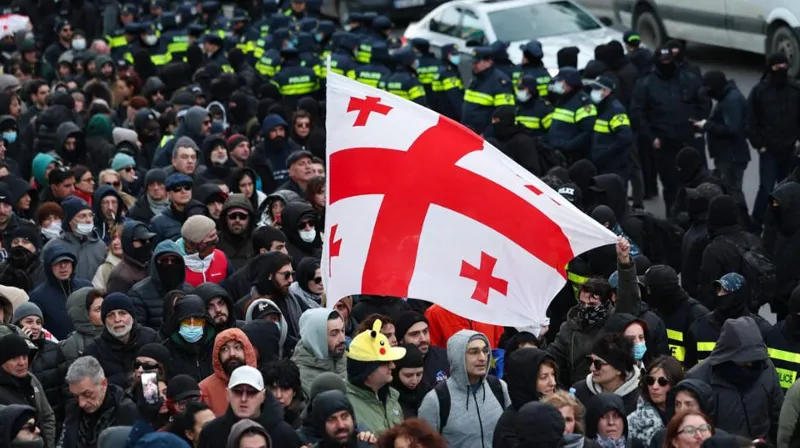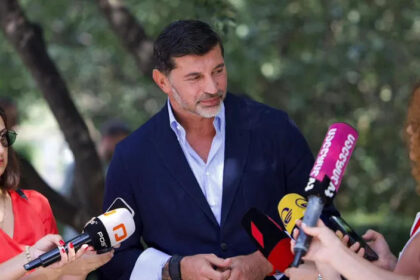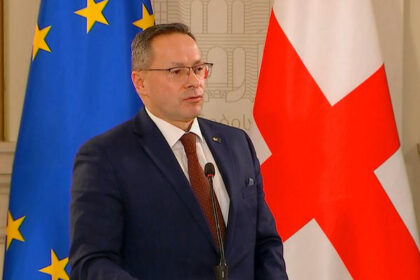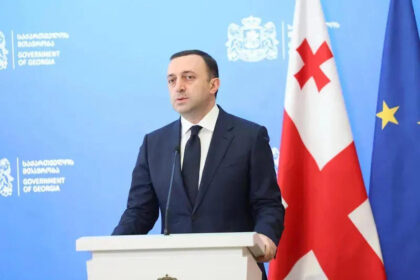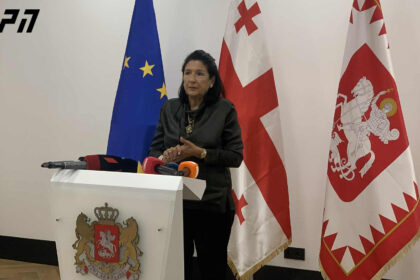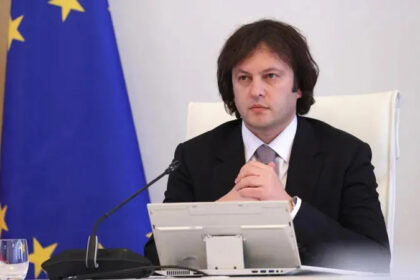**Lithuania Revokes Visa-Free Regime for Georgian Diplomats**
In a move that is likely to cause tension in bilateral relations, Lithuania has decided to revoke the visa-free regime for Georgian citizens holding diplomatic and official passports. This decision was made on May 21, according to the Delfi news agency.
**What does this mean?**
For years, Georgian diplomats and officials have enjoyed visa-free travel to Lithuania, making it easier for them to visit or conduct business in the country. However, it appears that Lithuania has had a change of heart, deciding that stricter rules are needed. The exact reasons behind this decision are not immediately clear.
**Estonia’s example**
This move follows a similar decision made by Estonia earlier in May. On May 8, Estonia revoked the visa-free regime for Georgian citizens holding diplomatic passports. It is unclear whether there was any coordination between the two countries on this issue.
**What’s next?**
The Lithuanian government has instructed its Ministry of Foreign Affairs to notify the European Commission and other EU member states about this decision within five working days. This means that Lithuania will need to justify its actions to its fellow EU members, which could lead to further discussions and potential tensions in bilateral relations.
**Commentary**
This development is likely to be viewed with concern by Georgian officials and citizens who have enjoyed visa-free travel to Lithuania for years. The decision may also impact other areas of cooperation between the two countries, such as trade and tourism.
As a neutral observer, it’s worth noting that this move highlights some of the complexities and tensions that can arise in EU member states when dealing with neighboring countries’ diplomatic passports. The situation will likely be closely watched by other European nations and international organizations.
**Analysis**
The reasons behind Lithuania’s decision are not immediately clear, but it’s possible that concerns about national security or visa abuse may have played a role. Alternatively, this move could be seen as an attempt to assert control over who is allowed to enter the country on diplomatic business.
Regardless of the motivations, this development will undoubtedly cause some concern among Georgian diplomats and officials, who are accustomed to traveling freely between the two countries. As the situation unfolds, it will be interesting to see how Lithuania justifies its decision and whether other EU member states follow suit.
Read More @ www.interpressnews.ge




